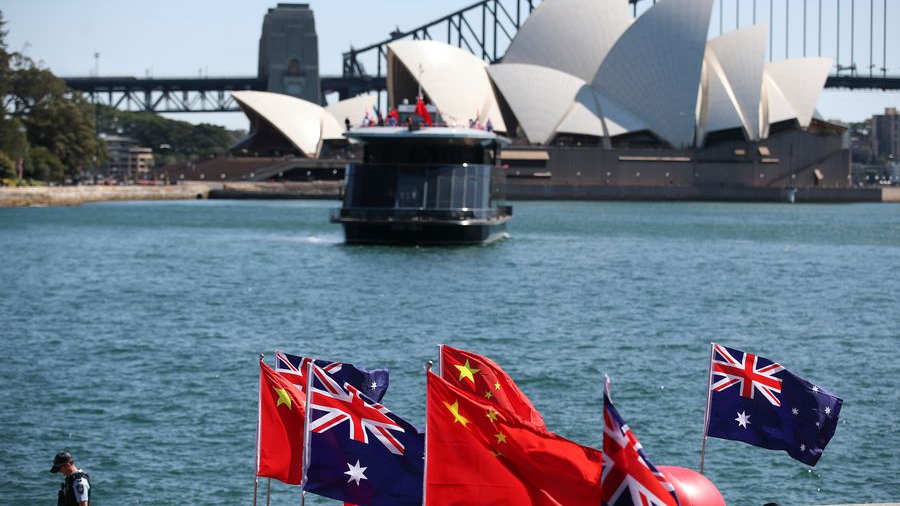Visit highlights rebound in Sino-Australian relationship
By Li Yang | China Daily | Updated: 2024-03-22 07:24

Chinese Foreign Minister Wang Yi began a three-day visit to Australia starting on Tuesday, the first visit of a senior Chinese official to Australia in seven years. That the Anthony Albanese government scrapped Australia's anti-dumping measures targeting Chinese-made wind power turbines on March 15, shortly before his visit began, was a clear sign of Canberra's goodwill.
Although the move was believed to echo the anticipated lifting of China's restrictive trade policies on imports of wine and lobster from Australia by the end of this month, its timing, along with Wang's productive visit to New Zealand that started on March 17, should have given the Chinese foreign minister a comparatively upbeat mood on his way to finish the last leg of his back-to-back visits to the two Oceania countries, which China always views as important partners among developed economies.
Wang's packed schedule in Australia — he has met with the Australian prime minister, its top diplomat, the opposition leader, as well as major business leaders and strategists — also spoke volumes of the fact that the two sides not only want to repair their ties, which experienced some perceivable setbacks due to the one-sided pro-United States stance adopted by the previous Scott Morrison government, but also intend to fully tap the potential of Sino-Australian economic and trade cooperation.
This year marks the 10th anniversary of the establishment of the China-Australia comprehensive strategic partnership. It is an important year for the two sides to build on what has been achieved and chart the way forward. The ups and downs of the past decade have not only left both sides with lessons to learn from, but also accumulated experience worth cherishing.
As Wang pointed out, to that end, the most crucial thing is to stay committed to seeking common ground while shelving differences. The two sides should strive to make the pie of common interests bigger and provide a sound business environment for the investment and operation of enterprises from the two countries.
That requires Australia to uphold its strategic autonomy and not let Washington dictate to Canberra how to handle relations with Beijing.
It is good to see that thanks to the joint efforts of Canberra and Beijing, trade between Australia and China bucked the overall downward trend last year, with nearly 80 percent of Australia's foreign trade surplus coming from its trade with China.
Since China-Australia relations are back on the right track, both sides should ensure there are no backward steps, as Wang urged. This serves the common interests of the two peoples and also meets the common expectations of countries in the region. It is clear that the development of China-Australia relations does not target any third party, so nor should it be influenced or disturbed by any third party.
























